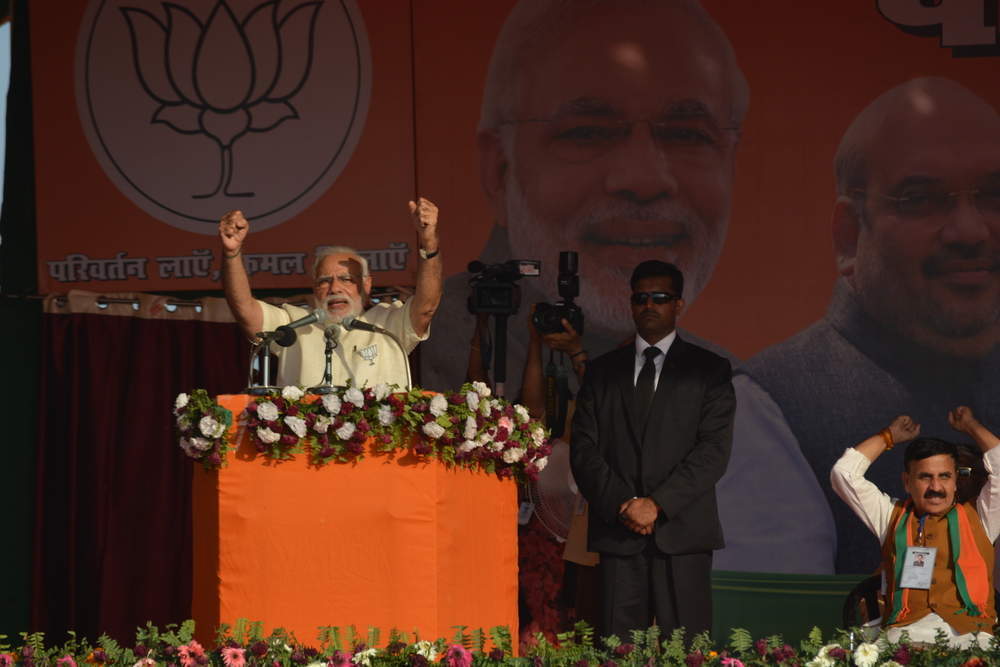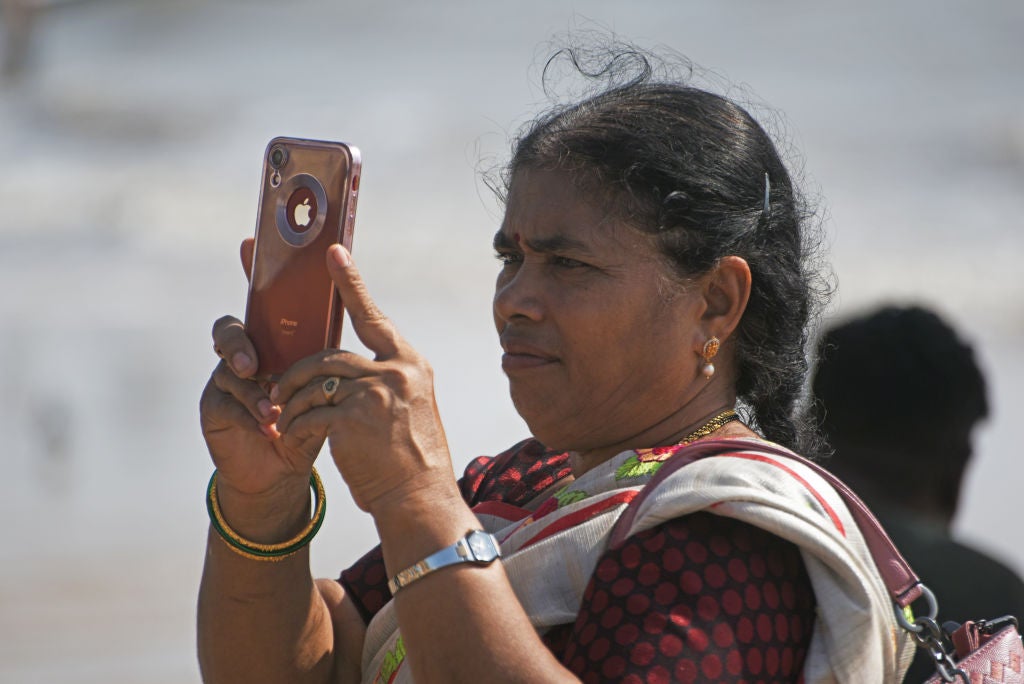
The Indian government of Narendra Modi has unveiled its budget, Modi’s last before he seeks a second five-year tenure in next year’s national elections.
Amid plans to strengthen India’s rural and agricultural economy in the coming fiscal year, Modi’s government promised a raft of populist giveaways — from affordable housing to a health plan for millions of the country’s poorest people.
The government also said it expects economic growth above eight percent. While the budget won broad approval from economists, bond and markets fell.
Investor confidence was knocked by the budget targeting a fiscal deficit of 3.3 percent of GDP in 2018/19, compared with expectations for a deficit of 3.2 percent.
Markets were unimpressed with a 10 percent tax on some long-term capital gains.
Shilan Shah, India economist, at Capital Economics in Singapore, told Reuters:
How well do you really know your competitors?
Access the most comprehensive Company Profiles on the market, powered by GlobalData. Save hours of research. Gain competitive edge.

Thank you!
Your download email will arrive shortly
Not ready to buy yet? Download a free sample
We are confident about the unique quality of our Company Profiles. However, we want you to make the most beneficial decision for your business, so we offer a free sample that you can download by submitting the below form
By GlobalDataIt looks like that the Bharatiya Janata Party is aiming to shore up support among rural voters, there’ve been plenty of measures announced to boost the rural economy. It was no surprise to us that they relaxed the deficit targets.
Finance Minister Arun Jaitley — switching between English to Hindi — allocated 14.34trn Indian rupees ($225.50bn) for rural infrastructure spending and extra support for farmers — spending will also go towards jobs, rural roads, building new houses, toilets, and providing electricity.
Jaitley said in his opening remarks to parliament:
We have taken up programs to direct the benefits of structural reforms and good growth to reach the farmers, poor and other vulnerable sections of our society, to uplift the underdeveloped regions.
This year’s budget will consolidate these gains and particularly focus on strengthening agriculture and rural economy.
The health protection program will mean 100m people are given free access to hospitals, up to a cost of $7,500 per person.
Some 80m people will be given free connections for liquefied cooking gas, which cost about $45 apiece, and 40m households will get free electricity connections, which cost from $12-$20.
The government will also help build more than 5m affordable houses for the poor in the next financial year, which goes from April 1 to March 31.
Meanwhile, agricultural exports, long restricted by regulations, are expected to increase from $30bn a year to $100bn, to help push up crop prices for farmers.
Jaitley said:
The government is committed to ensure that farmers get at least 1.5 times their investment. India’s agricultural export potential is as high as $100bn against the current $30bn. Exports of agricultural products will be liberalised.
Last year Modi’s Bharatiya Janata Party won the local elections in his home state of Gujarat but lost its footing among the state’s rural population — something that this budget would appear to want to remedy.
At the World Economic Forum in Davos last week Modi unveiled his target for the Indian economy to double in size over the next seven years to a whopping $5trn.
Modi said after the budget announcement:
This budget is farmer friendly, common citizen friendly, business environment friendly and development friendly. It will add to ease of living.







